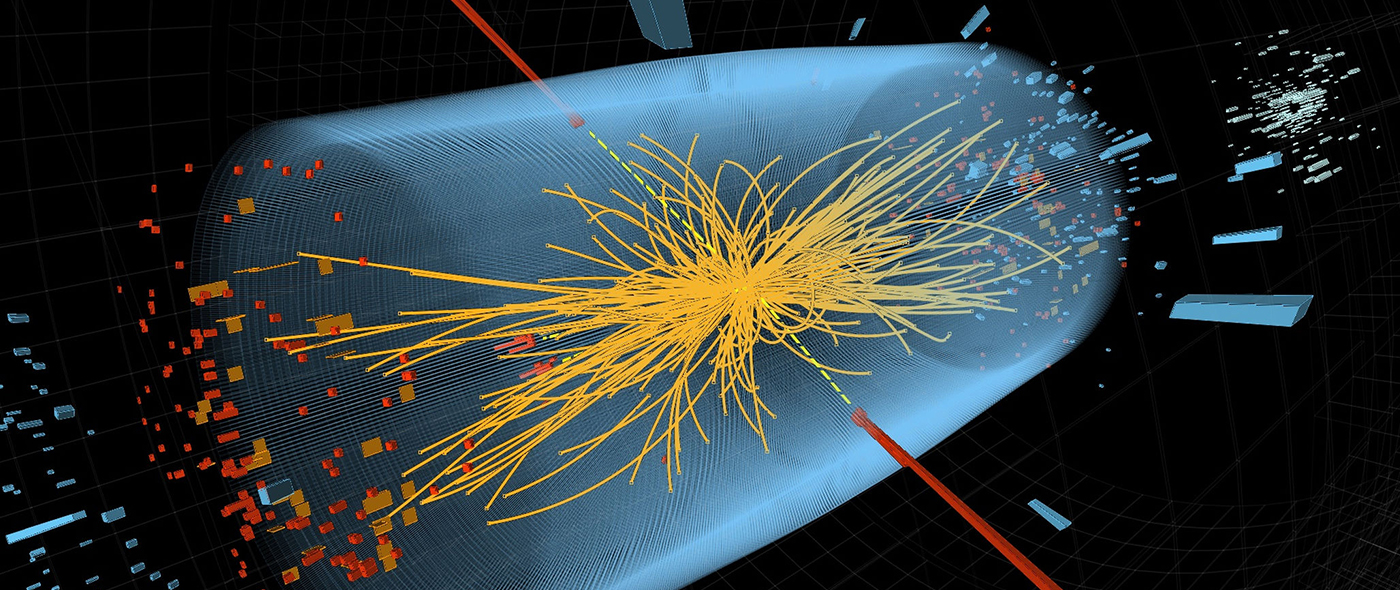Research Project
The Large Hadron Collider (LHC), the world's largest particle accelerator, located at the CERN lab in Geneva Switzerland, collides particles at the rate of 40MHz.
 The LHC experiments have been producing the largest amount of complex data with 100TB/s for real-time data analyses and analyses of further 100 EB of data are anticipated and planned for. The pivotal discovery in 2012 of a Higgs Boson, the subatomic building block that gives mass to elementary particles, required sifting through about 40 Petabytes of data. While this may be an esoteric event, it is a tribute to the application of advanced statistical techniques and Machine Learning algorithms to particle physics. Opportunities in research include cutting-edge pattern recognition methods for elementary particle identification, optimization of information in debris from particle collisions and deep learning algorithms to classify and select rare signatures in high rate collisions, guiding the discovery of new particles.
The LHC experiments have been producing the largest amount of complex data with 100TB/s for real-time data analyses and analyses of further 100 EB of data are anticipated and planned for. The pivotal discovery in 2012 of a Higgs Boson, the subatomic building block that gives mass to elementary particles, required sifting through about 40 Petabytes of data. While this may be an esoteric event, it is a tribute to the application of advanced statistical techniques and Machine Learning algorithms to particle physics. Opportunities in research include cutting-edge pattern recognition methods for elementary particle identification, optimization of information in debris from particle collisions and deep learning algorithms to classify and select rare signatures in high rate collisions, guiding the discovery of new particles.